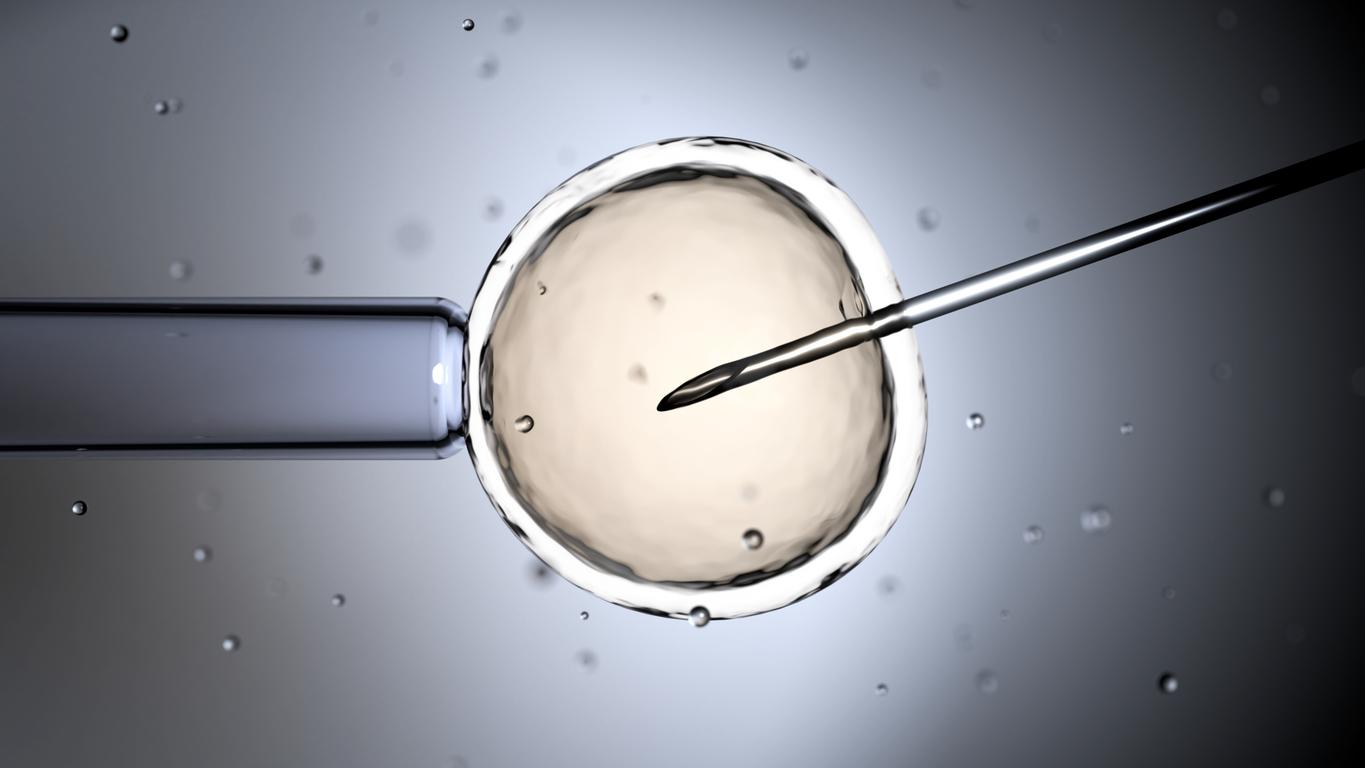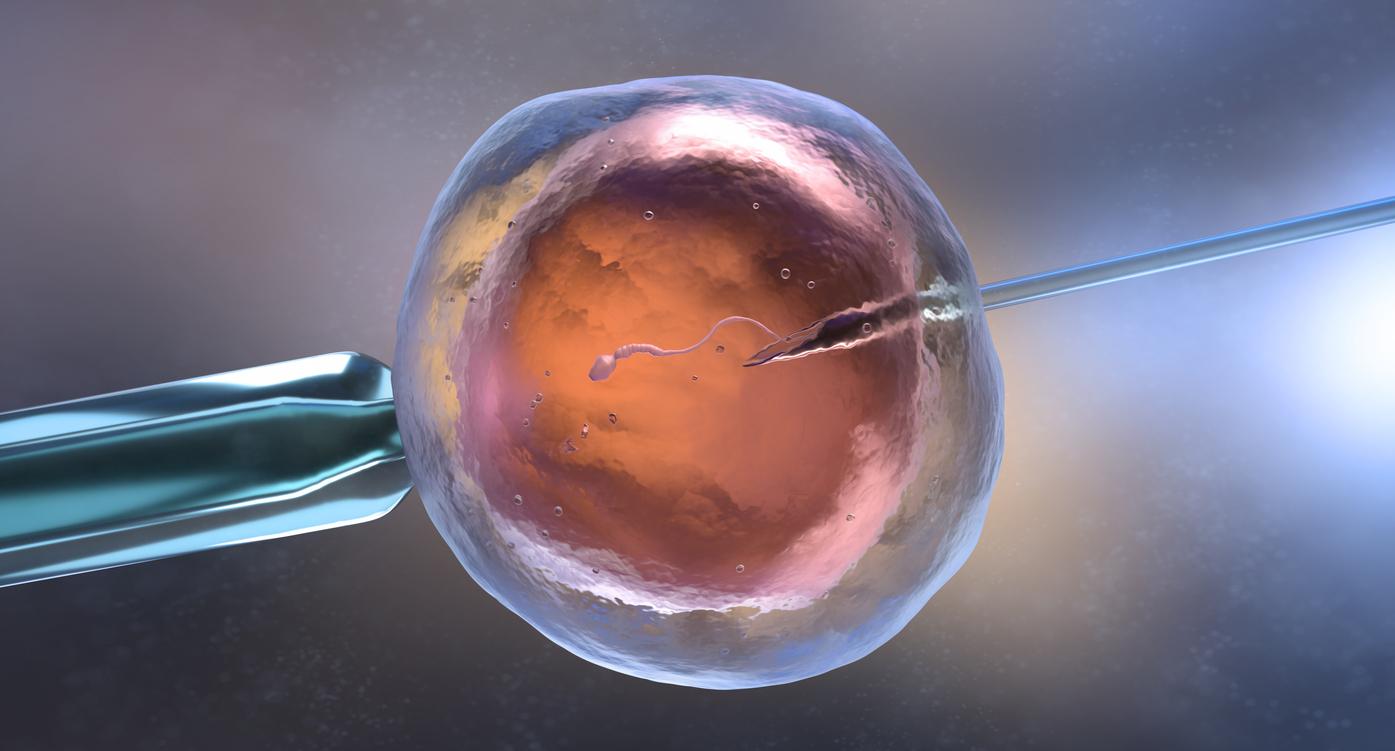Marybeth Scheidts, 36, and her husband David Levy, 41, are an American couple from Philadelphia who were desperate to have a child. So they turned to the IVF but the attempts at fertilization yielded nothing. The problem apparently was with the embryos, specialists at the Main Line Fertility Clinic in Pennsylvania told them.
To be sure, thirteen embryos were sent and analyzed at the University of Oxford to spot defective genes. Complete genetic sequencing of the various embryos was performed. Tests determined that only three embryos had the correct number of chromosomes. The doctors therefore implanted one of these “healthy” embryos in Marybeth and the other two were frozen. This is how Connor was born on May 18, the first “genetically perfect” baby.
This birth demonstrates how “next-generation genetic sequencing” (NGS) named after this technique, developed to rapidly decipher entire genomes, can help select embryos. We can already imagine the future applications of such a technique: it could be used to know if the baby will inherit a disease from his parents, for example, or if he will develop in his adulthood other diseases such as cancer, problems cardiac or Alzheimer’s.
“We cannot measure how revolutionary this method is, says Michael Glassner, founder of the Main Line Fertility clinic. In addition, in some time it will be even easier to check the embryos “.
At the University of Oxford, where Connor’s embryos were analyzed, this technique of “next-generation sequencing” (NGS) is also praised. less expensive. “This is a very powerful method,” observes Dr. Dagan Wells, author of the study, quoted by The Telegraph. “We can check all the chromosomes and get a result in 24 hours, at almost half the cost. than current breeding techniques “.
This “genetic selection”, as revolutionary as it may seem, is already raising concerns among opponents of IVF about the future of unselected embryos and ethical questions linked to eugenics.


















